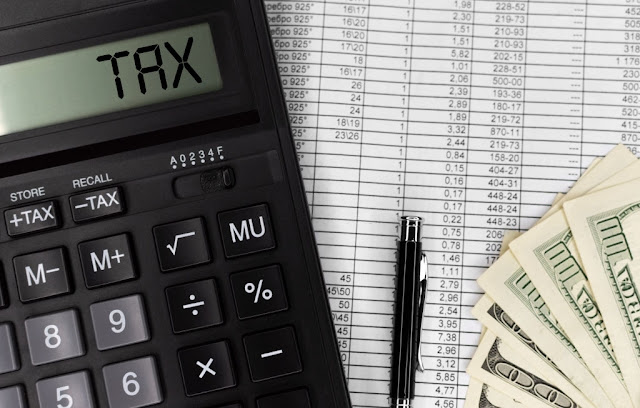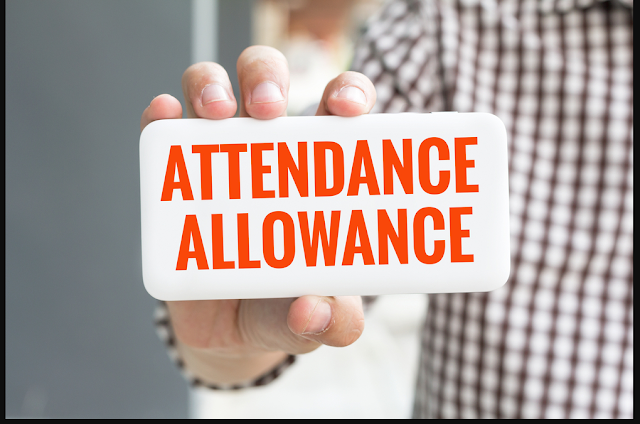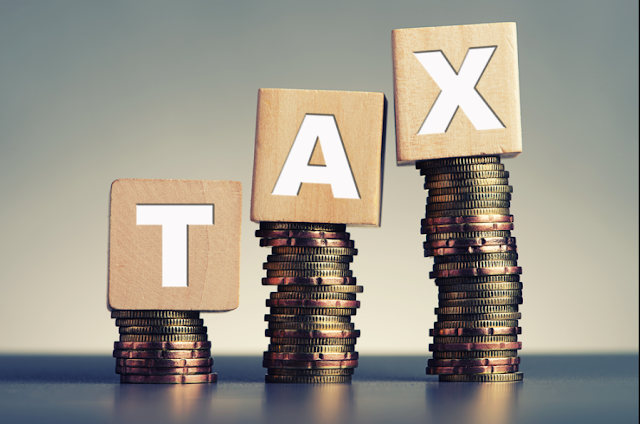What is Tax Breaks and which tax breaks are available to SMEs?
What is a tax break?
A tax break, or tax relief, is a way for you to reduce your tax liability by accounting for expenses or investments made on behalf of your business.
It's the government's way of stimulating the economy by providing you with additional funds to spend on your business. Additionally, it serves as a means of encouraging positive behaviors such as charitable giving and investment in innovation.
Taking advantage of tax breaks does not mean evading taxes, exploiting a tax loophole, or paying less than you owe. You will continue to make a full contribution to the UK economy and pay the correct amount of tax. All this means is that you are aided by certain schemes in order to improve your personal take-home pay and/or the balance sheet of your business.
Certain tax breaks are sector-specific. Others will vary according to your business structure and whether you operate as a sole trader or limited company. Each tax break also has its own set of eligibility requirements.
We'll discuss eligibility as we go over each of the small business tax relief programs available. However, before pursuing any type of tax break, it is always prudent to seek professional advice from a chartered accountant.
Few tax breaks are available to small and medium-sized businesses (SMEs).
1. Rate relief for small businesses
The majority of businesses that have their own premises are assessed a 'business rate' by their local council on their non-residential, or business, property. The Small Business Rate Relief (SBRR) scheme was introduced by the Government in 2005 to assist small businesses with their financial burdens.
SBRR is available if you have the following:
- One property of less than £15,000 in rateable value; or
- One primary residence and one or more additional residences provided their rateable values are less than £2,900 and the total rateable value of all residences is less than £20,000.
If the rateable value of your property exceeds those thresholds but is less than £51,000, you may still be eligible for rate relief. However, the small business multiplier will be applied to your bill. This is currently 49.1p, less than the standard multiplier of 50.4p used to calculate relief for properties worth less than £15,000. As a result, tax relief will be less generous.
The amount of tax relief available to you is determined by the rateable value of your property. On rateable values between £12,001 and £15,000, relief is phased in from 100 percent to 0%.
SBRR is not available if your business is eligible for Mandatory Rural Rate Relief or Mandatory Charitable Rate Relief. These are two distinct programs available to businesses located in rural areas with fewer than 3,000 residents and businesses that use their property for charitable purposes.
Applying for Rate Relief for Small Businesses
To determine your eligibility and submit an application for SBRR, contact your local council and complete a rate relief application form.
Additionally, your council applies exempted and vacant building relief automatically to certain properties, such as agricultural lands and buildings, places of worship, and buildings used for the training or welfare of disabled people. Additionally, you will receive transitional relief if your rates change as a result of the revaluation.
2. Charitable contributions
Individuals in the United Kingdom can make tax-deductible donations to charities. If a charity or Community Amateur Sports Club (CASC) is Gift Aid registered, they can claim back from HMRC the basic rate of tax paid by donors.
This means that for every £1 you donate, a charity or sports club will receive an additional 25p, at no additional cost to you.
It's a successful scheme — charities claimed £1.35 billion in GiftAid in 2018-19.
Claiming tax deductions for charitable contributions
If you are registered for Self Assessment and pay income tax at a rate higher than the basic rate of 20%, you can claim the difference between the tax you paid on any Gift Aid donations and the amount the charity received when you file your Self Assessment tax return.
If you claim Marriage Allowance, your tax-free allowance may be increased to reflect Gift Aid donations. This is completed automatically when you submit your annual Self Assessment tax return. However cheap accountants in London will help you in filing your self settlement tax returns
Related Articles
https://omaima-taxcruncher.medium.com/tax-breaks-that-small-enterprise-should-take-753d93e3fda6




Comments
Post a Comment